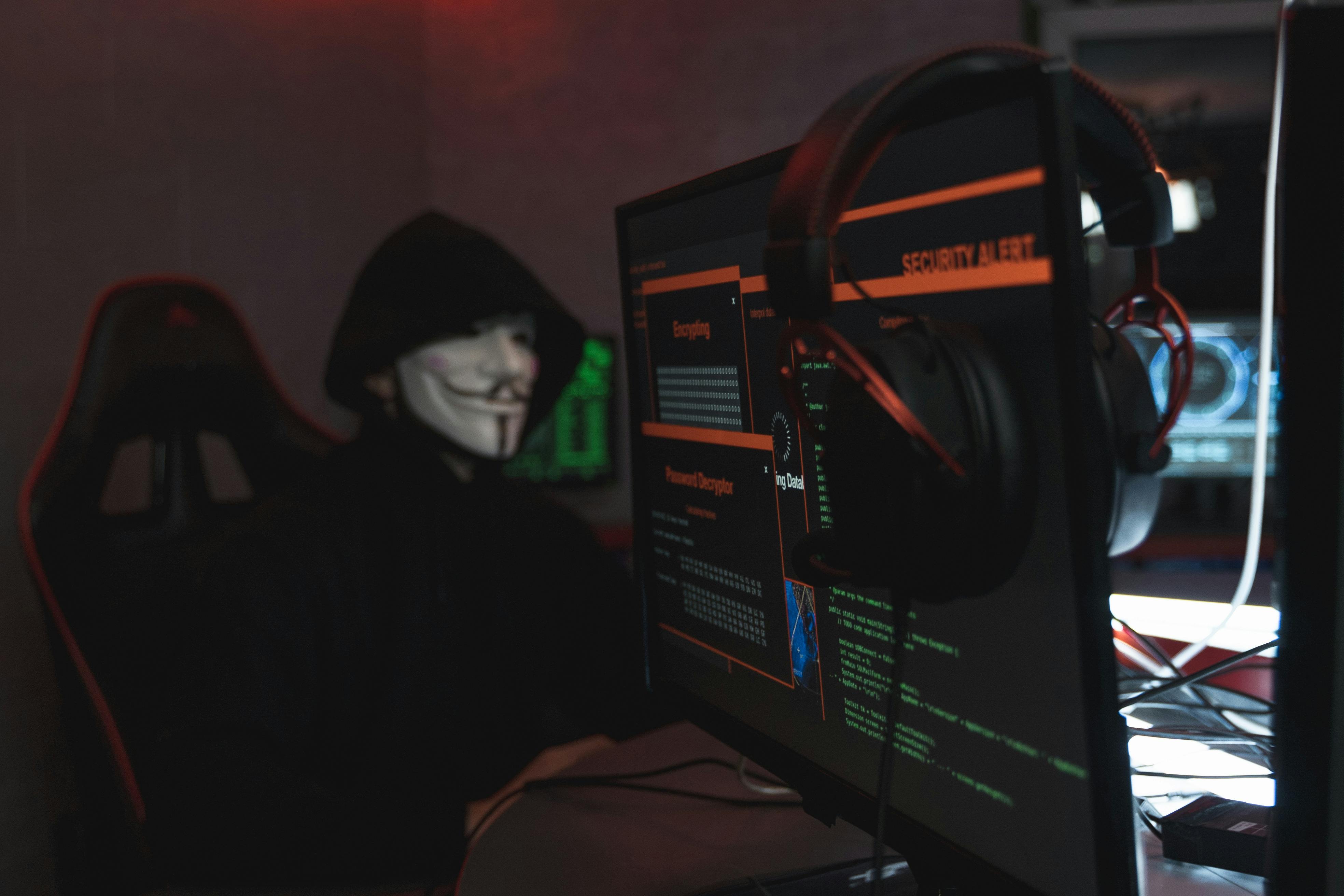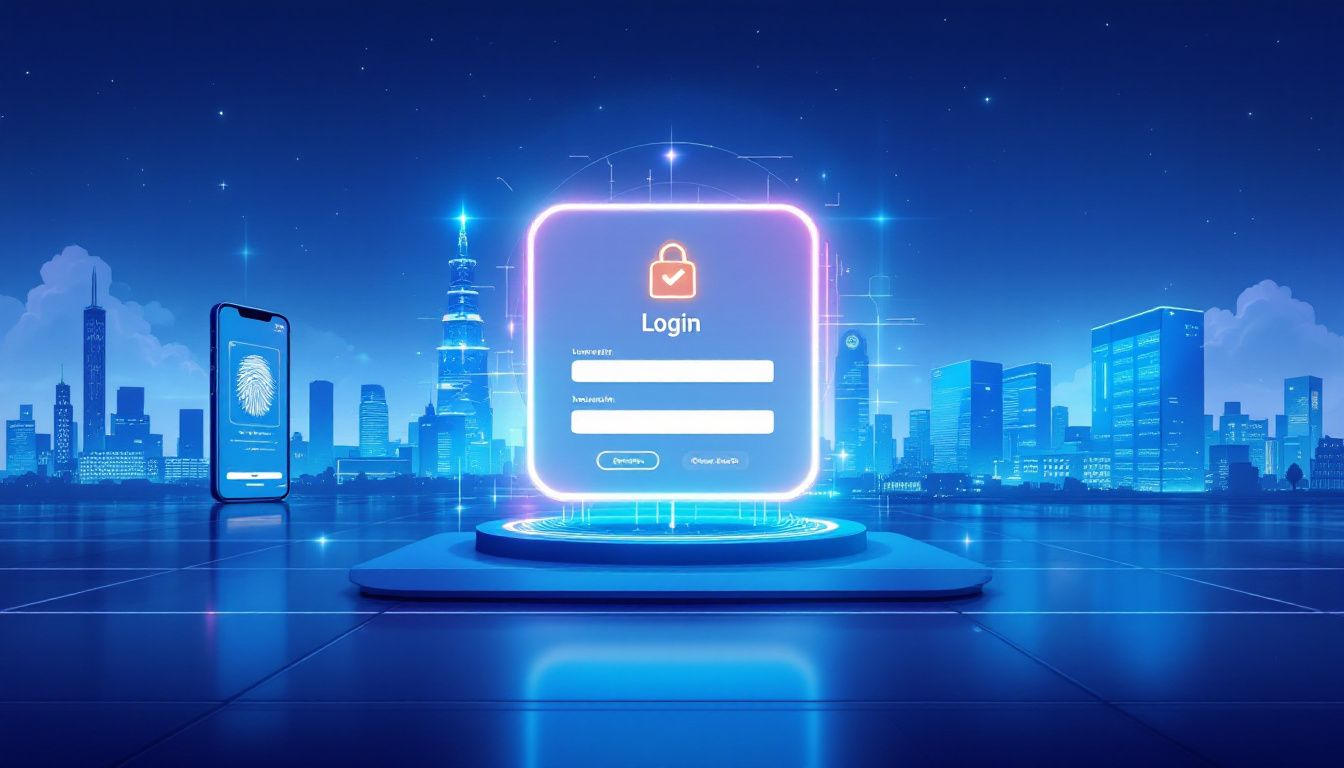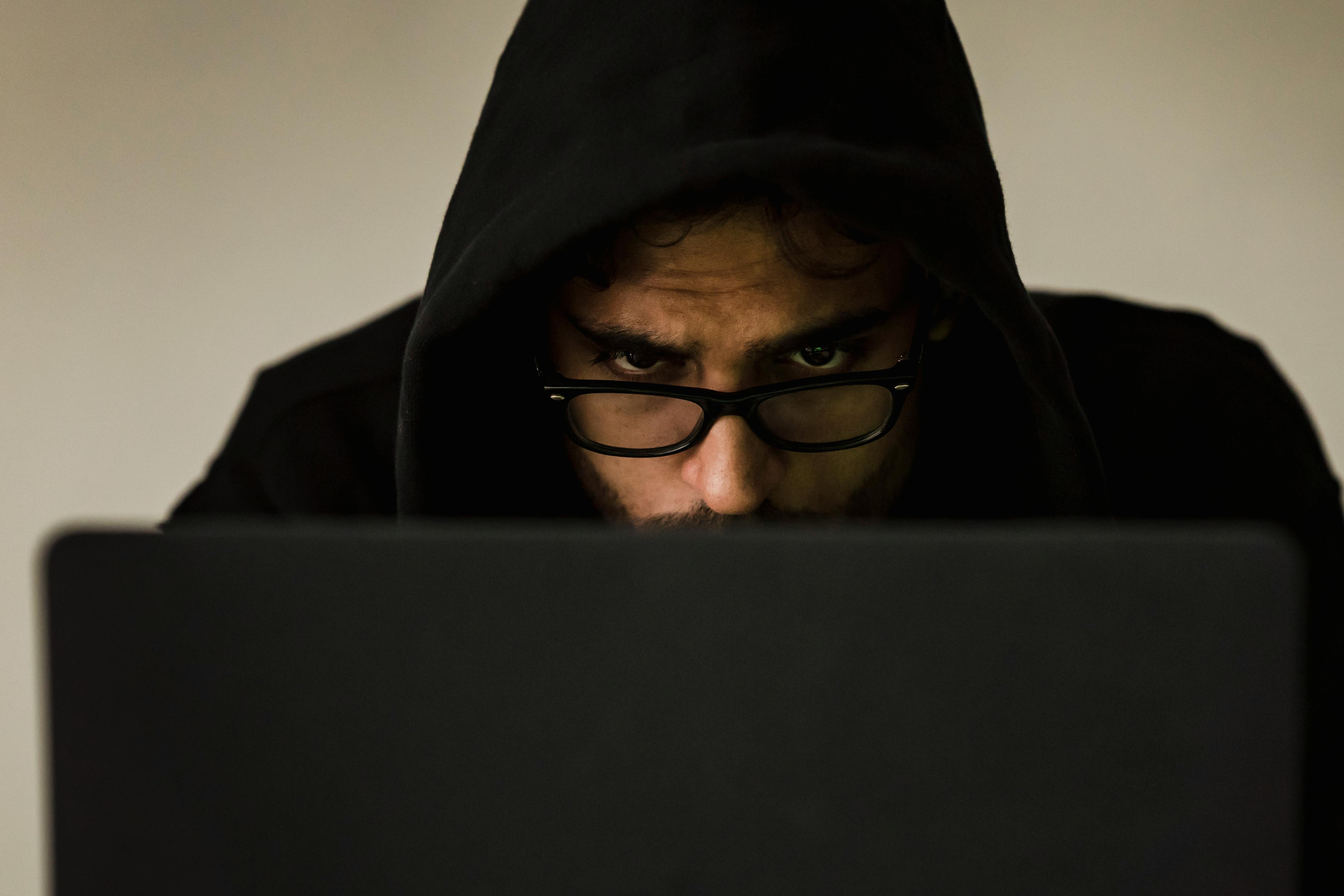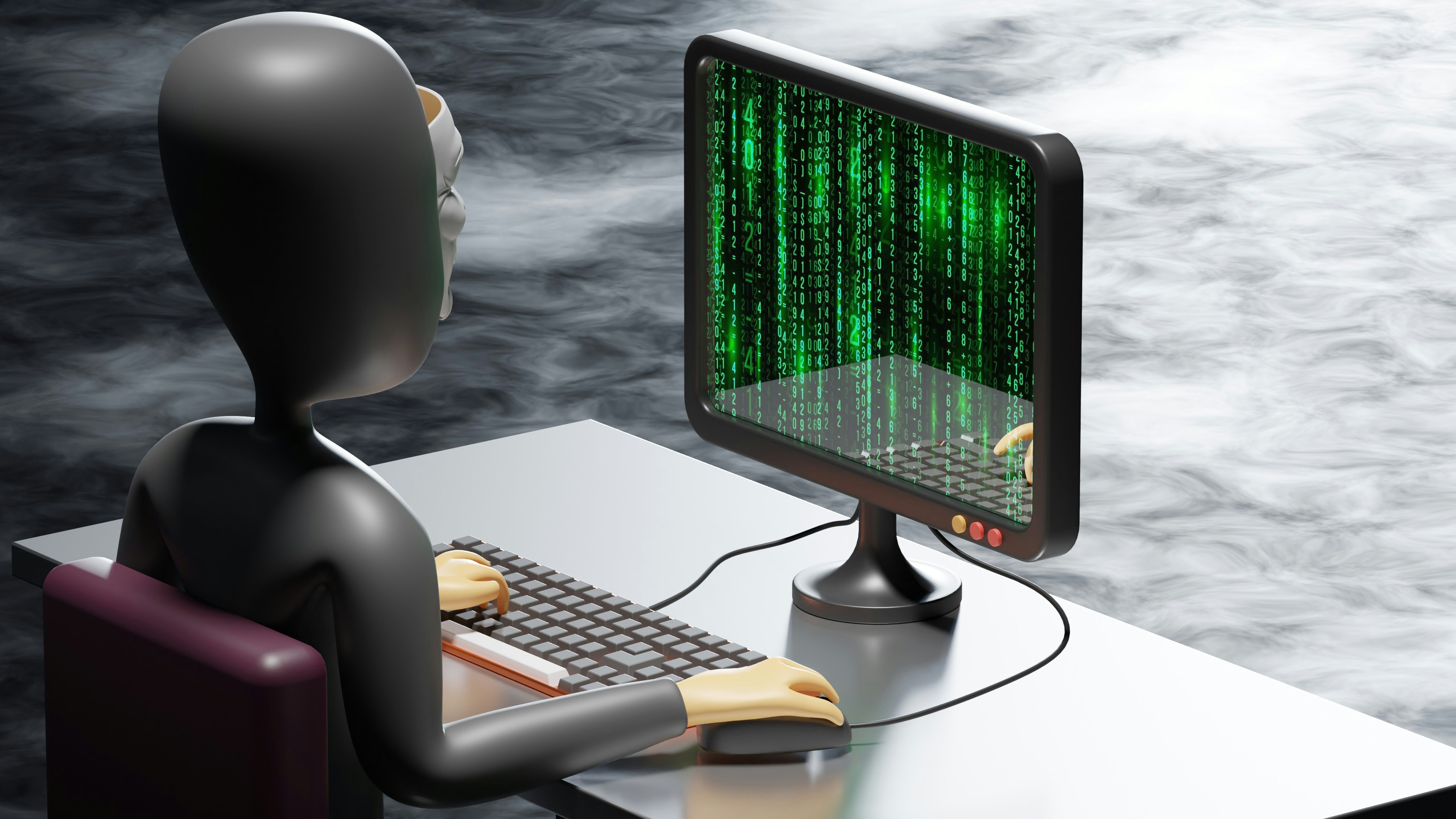Doxing: Dangers and Protection of Your Personal Data
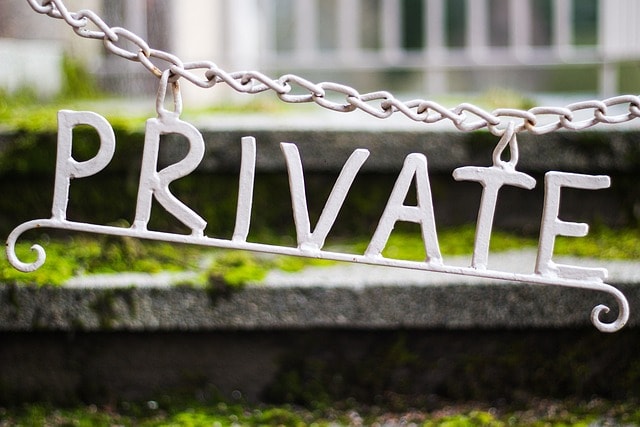
Doxing is when someone’s personal data is shared online without permission. This can lead to threats, intimidation, and reputational damage. What exactly is doxing and how can you protect yourself against this form of digital attack? Read on to find out more.
What is doxing?
Doxing means publicly disclosing personal data online without permission. It involves collecting and disseminating private information such as phone numbers, addresses, and other personal data via social media and other online sources. Doxing often involves sifting through online profiles and using search engines to find out as much information as possible about someone.
The consequences of doxing can be serious. Victims can face threats, reputational damage, and even physical violence. This can lead to problems at work, a feeling of insecurity at home, and serious personal problems.
It is clear that doxing has a major impact on the privacy of individuals and can lead to intimidation and stalking.
Is doxing punishable?
As of January 1, 2024, doxing is now a criminal offense in the Netherlands. This means that the public disclosure of personal data without permission can now be prosecuted. This means that perpetrators of doxing can now be criminally prosecuted, with possible penalties ranging from a prison sentence of up to two years to a fine of up to €22,500. This bill, which was passed by the Senate in July 2023, marks an important step in the protection of personal data online.
It is important to know that doxing can fall under other criminal offenses, such as threats and intimidation. The Public Prosecution Service can therefore start a criminal investigation as soon as a report has been filed, so that victims of doxing can seek justice.
How does doxing work?
Doxing is a complex practice in which perpetrators use various methods to obtain personal information. They use public sources such as social media, search engines, and data breaches to find and publish private data.
Below we discuss some commonly used methods in more detail.
Usernames and passwords
A common method used by doxers is to track usernames that are used consistently across different platforms. This makes it easier for them to collect data and gain access to personal information. It is therefore essential to use strong and unique passwords for each account to protect your personal data.
When the same username is used on multiple platforms, it becomes easier for doxers to map your online activities and obtain sensitive information. This highlights the importance of variation in usernames and regularly updating your passwords to ensure your digital security.
IP addresses and location
Doxers can find out a target’s physical location by tracing their IP address. This can lead to serious security risks, especially if this information is used to intimidate or threaten someone at home.
Tracking IP addresses allows doxers to identify exact whereabouts, which poses a direct threat to the personal safety of victims. This highlights the need for measures such as using VPNs to hide your IP address and protect your location.
Social media stalking
Public profiles on social media make it easier for doxers to collect personal information. This information can range from dates of birth and places of residence to photos of family members and friends, all of which can be misused for malicious purposes.
Doxers easily collect data via the public profiles of victims on social media channels. Therefore, it is crucial to manage privacy settings properly and limit who has access to your information. Here are some tips to better protect yourself against the threat of doxing:
- Make your profiles private.
- Limit the personal data you share.
- Regularly check your privacy settings.
- Be careful about accepting friend requests from strangers.
- Think about what you post and share online.
By following these steps, you can better protect yourself against the risks of doxing.
Famous examples of doxing
To illustrate the impact of doxing, we will discuss some well-known cases. These examples show how devastating doxing can be for the people involved and why it is so important to protect yourself.
Ashley Madison hack
In 2015, the dating site Ashley Madison was hacked, leaking sensitive data of millions of users. This led to serious reputational damage for many, as sensitive and private information was made public.
The consequences were far-reaching, with personal problems such as divorces and bullying resulting from the disclosure of their data. This hack highlights the serious consequences of data breaches and the importance of online privacy protection.
Cecil the Lion hunt
Cecil the Lion was a famous lion who lived in Hwange National Park in Zimbabwe. The hunt for Cecil led to global outrage and much criticism of the hunter and hunting practices.
The dentist who killed Cecil became the target of doxing by animal rights activists who shared his personal information online. This led to threats and intimidation, which had a major impact on his life and career.
Boston Marathon bombing
After the Boston Marathon bombing, innocent individuals were wrongly accused and doxed, leading to their public humiliation and fear for personal safety. In the aftermath of the attack, innocent people were wrongly identified and doxed by users on social media.
These misidentifications and the subsequent doxing had serious consequences for the lives of those involved, who faced intimidation and dangerous situations. This example underscores the dangers of misinformation and the importance of careful identification in the digital age.
Protection against doxing
There are several steps you can take to protect yourself against doxing. By being proactive and minimizing your digital footprint, you can significantly reduce the risk of doxing.
Check privacy settings
Privacy settings on social media can help prevent unwanted people from accessing your information. It is crucial to regularly check and adjust these settings to limit the visibility of personal data.
If you are a victim of doxing, follow these steps:
- Temporarily set your social media accounts to private.
- Inform your friends and family about the situation.
- Report the attack to the platforms where your data has been published so they can take action to remove the information.
Use of VPN
A VPN (Virtual Private Network) creates a secure connection, allowing users to hide their IP address and encrypt their internet traffic. This helps to keep your online activities anonymous and reduces the risk of doxers being able to track your location.
By using a VPN, you can mask your IP address, which is an important step in protecting your personal information from doxing. It provides an extra layer of security and helps you to browse more safely. Also read our article on how to maximally secure your phone.
Multi-factor authentication
You can add an extra layer of security to your accounts with multi-factor authentication, making unauthorized access more difficult. This can help prevent doxing by significantly increasing the security of your online accounts.
Enable multi-factor authentication for all your online accounts to better protect yourself against attacks. Change your passwords regularly and make sure your accounts are well secured.
What to do if you become a victim of doxing
If you become a victim of doxing, there are some crucial steps you should take immediately. It is important to act quickly to protect your personal data and prevent further damage.
File a report
Contact the police immediately and file a report of doxing. Collect all relevant evidence, such as screenshots and URLs, before filing a report to start a criminal investigation.
It is very important to take your report seriously, as doxing is a criminal offense and the perpetrators can be punished with imprisonment or a fine. By filing a report, you also help protect others from similar attacks.
Protect financial accounts
Once your data has been made public, immediately inform your bank and credit card companies. This helps to prevent further financial damage and secure your accounts.
Direct communication with your financial institutions is crucial to inform them of the situation and take measures to protect your accounts. This may include blocking cards and monitoring suspicious activities.
Close unused accounts
Old and unused online accounts can pose a risk and should be deleted to prevent the spread of personal data. By closing these accounts, you reduce the chance of your information falling into the wrong hands.
Deleting old online profiles helps to reduce the chance of further dissemination of personal information and ensures a cleaner, safer online presence.
Conclusion
Doxing is a serious threat in our digital world, and it is essential to protect yourself against this practice. By being conscious of your personal data and taking the necessary security measures, you can significantly reduce the risk of doxing.
Take action to ensure your privacy and be proactive in protecting your online identity. Together we can create a safer digital environment in which personal data is better protected.
Frequently asked questions
A quick way to explore how everything works and what to expect.
Doxing involves the public disclosure of someone’s identifying personal data without their consent, often with the aim of intimidating or harming that person. This can include sharing private information such as an address or phone number online.
Doxing is committed to scare, harass, or take revenge on someone, often with the intention of causing serious nuisance. It is a cowardly act that can intimidate victims and disrupt their daily lives.
Doxing has been punishable since January 1, 2024, provided that the sharing of personal data took place after this date. It concerns the public disclosure of information with the intention of intimidating or harassing someone.
Doxing means that personal data is made public without permission, usually for the purpose of intimidation or threat. This is a serious violation of privacy and can have significant consequences for the affected individuals.
VPNs protect against doxing by hiding your IP address and encrypting your internet traffic, which ensures more anonymity and security of your online activities. This reduces the risk of your personal information being exposed.

 Netherlands
Netherlands Belgium
Belgium Denmark
Denmark Germany
Germany France
France Switzerland
Switzerland Austria
Austria UK
UK Spain
Spain Italy
Italy